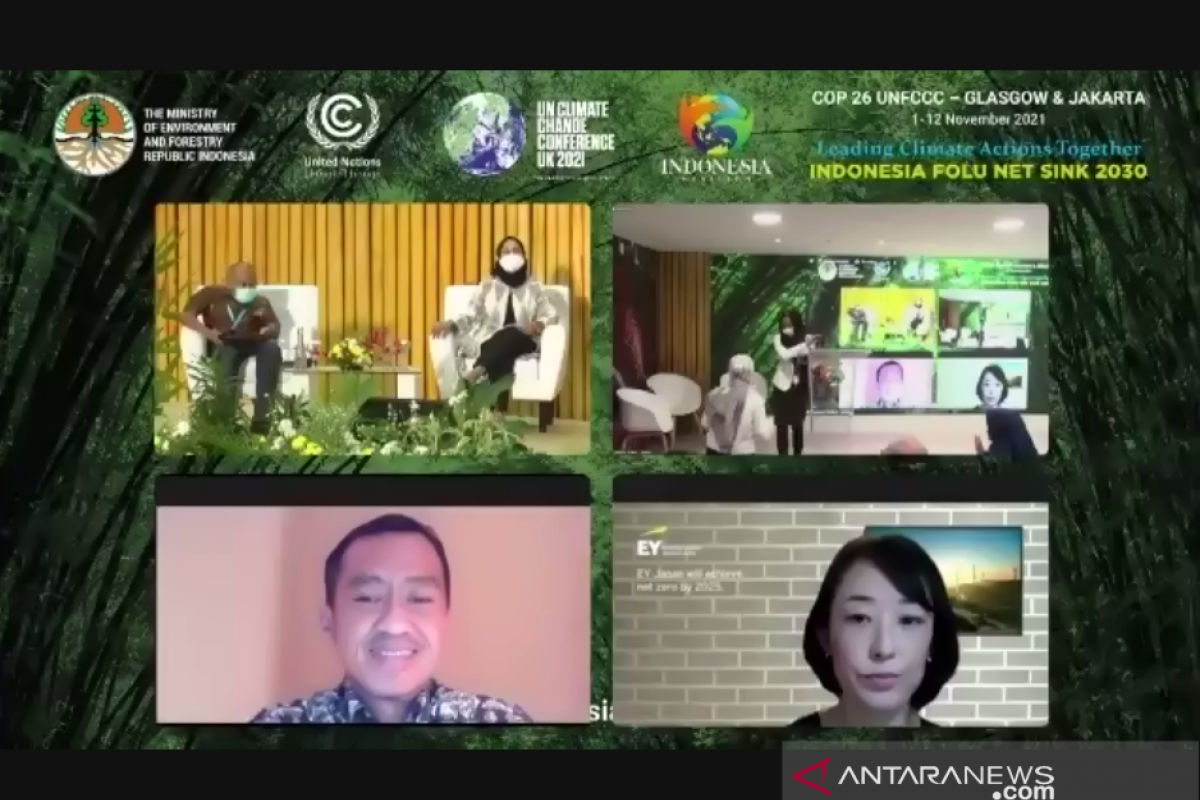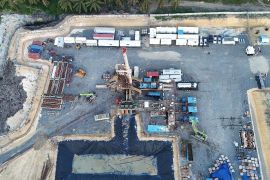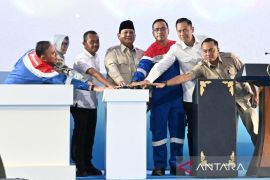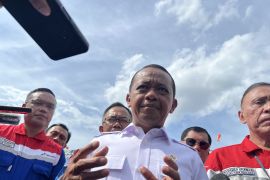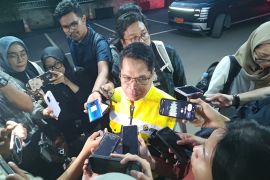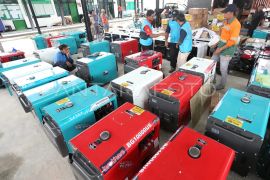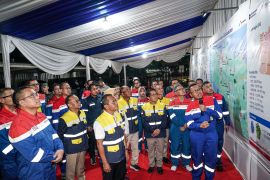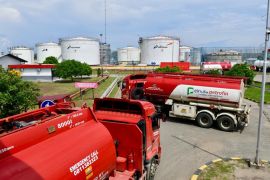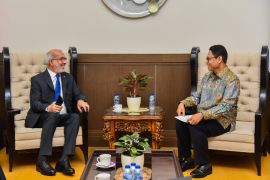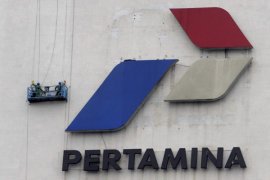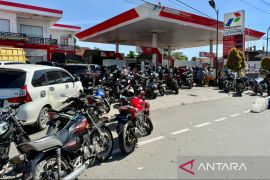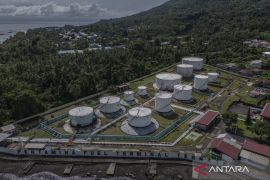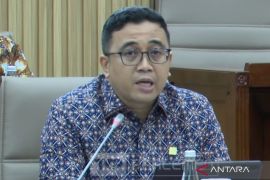In conducting the climate village program, Pertamina facilitates multi stakeholders and multilevel collaboration in implementing a concrete climate action at local level, especially in each nearby village from our operation areasJakarta (ANTARA) - PT Pertamina (Persero) has been implementing four community programs, based on adaptation and mitigation approaches as its Environmental, Social, and Governance (ESG), to support the government’s climate village program on reducing carbon emission.
“In conducting the climate village program, Pertamina facilitates multi stakeholders and multilevel collaboration in implementing a concrete climate action at local level, especially in each nearby village from our operation areas,” the company’s corporate secretary Brahmantya Satyamurti Poerwadi said during an online talk show held at the Indonesia Pavilion on the sidelines of the 26th UN Climate Change Conference (COP26) in Glasgow on Tuesday.
The four approaches taken by Pertamina are greening to increase and maintain vegetation cover, waste management, utilization of new and renewable energy (NRE) as well as agricultural cultivation with low greenhouse gas emissions to prevent land and forest fires.
In terms of greening, the state-owned energy company has been conducting a special program focusing on mangrove planting, some of which are located in coastal and offshore areas.
Related news: Pertamina keen on optimizing geothermal utilization in Indonesia
By having planted more than 300,000 mangroves in collaboration with the community and local governments, Pertamina has succeeded in supporting economic independency through eco-tourism program that has provided positive socio-economic impact to more than 3,000 beneficiaries.
“The preservation of mangrove has become our concern,” Poerwadi asserted, adding that such program resulted in Rp900 million of group income per year.
The greening program has proven Pertamina's commitment to achieving the Sustainable Development Goals (SDGs), particularly the 15th point, such as protection, restoration, and improvement of a sustainable ecosystem, forest sustainability management, land restoration, and avoiding the excision of biodiversity.
In accordance with its core competency in energy sector, Pertamina takes the opportunity to promote awareness and intensify the utilization of potential sources of NRE available in the community.
It aims to build energy independency at the community level as well as develop economic and value-creation for the community, he said.
“The energy sources are various from solar, wind and water—which are simply provided by the nature and can be easily found by the community in their surrounding area,” he explained.
Related news: Pertamina, Masdar ink MoU on solar PV development in Indonesia
The program has generated more than 4 million watt-peak of solar electricity and economic income valued close to Rp200 million per year.
Pertamina is also improving its competencies in waste management by transforming waste to energy. Through this program, Pertamina develops the use of biogas for cooking and electricity needs, also transforming used cooking oil into biofuel.
“The program is implemented in a number of areas. The utilization of more than 400,000 cubic meter of methane gas per year is estimated to create added value for more than 5,000 beneficiaries,” Poerwadi explained.
In the agricultural sector, Pertamina and the community in Sumatra area have made a unique breakthrough program by empowering the firefighter groups.
Related news: Pertamina increases efforts to contribute to energy mix
The program carried out consists of developing technology to extinguish forest and land fires, as well as cultivating of productive plant on peat land.
“With this activity, the community has succeeded in taking steps to prevent forest fires. In addition, Pertamina also helps the community to develop integrated farming,” he informed.
Through the program carried out in several operation areas within total area of more than 100 hectares, Poerwadi said that it has a positive impact on more than 1,000 beneficiaries and also improve the group of income with total value more than Rp900 million per year.
“We believe that to achieve climate action target, all elements at various levels should work hand in hand to build climate resilience and minimize the greenhouse gas emissions,” he remarked.
Related news: Pertamina reiterate commitment to sustainability for future generation
Indonesia is aiming to create 20,000 climate villages by 2024, in order to encourage people to improve climate resilience through adaptation actions and contribute to reducing greenhouse gas emissions through mitigation.
According to the Environment and Forestry Ministry’s Director General of Climate Change Control Laksmi Dewanti, the country currently has had around 5,100 climate villages since the program was developed in 2012.
She emphasized that the government has been cooperating with private companies to implement the program, which is considered as the innovative approach of public private partnership for climate change action.
“Strengthening the involvement of community and all stakeholders is one of the key aspects of the implementation of NDC (nationally determined contribution) and the success in achieving the NDC targets, both to reduce the greenhouse gas emissions and build the climate resilience,” she stated, during the same occasion.
Related news: Pertamina collaborates with community to achieve sustainability
Related news: Pertamina seeks to promote multiple uses of geothermal energy
Reporter: Yashinta Difa Pramudyani
Editor: Fardah Assegaf
Copyright © ANTARA 2021
